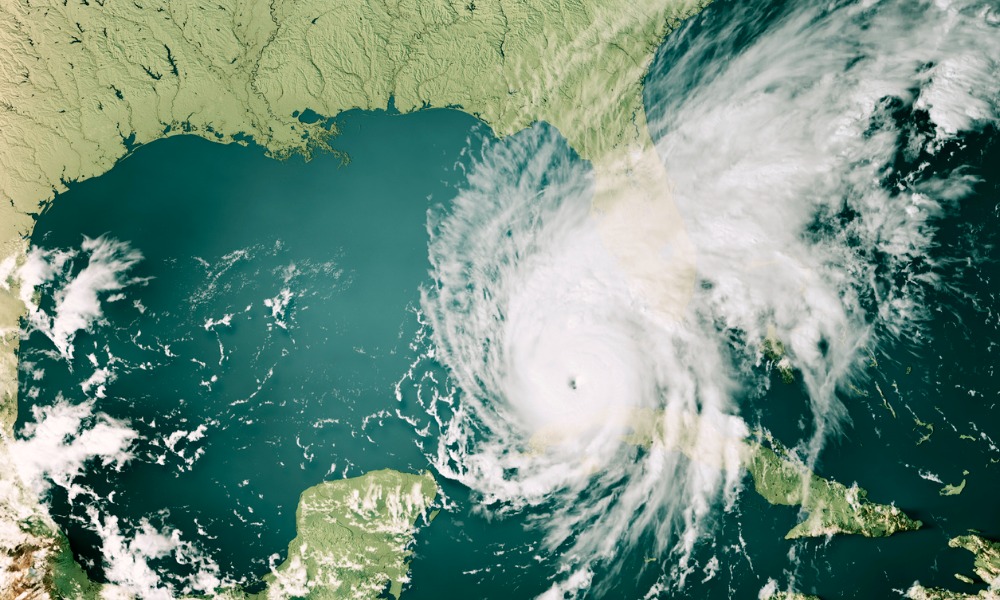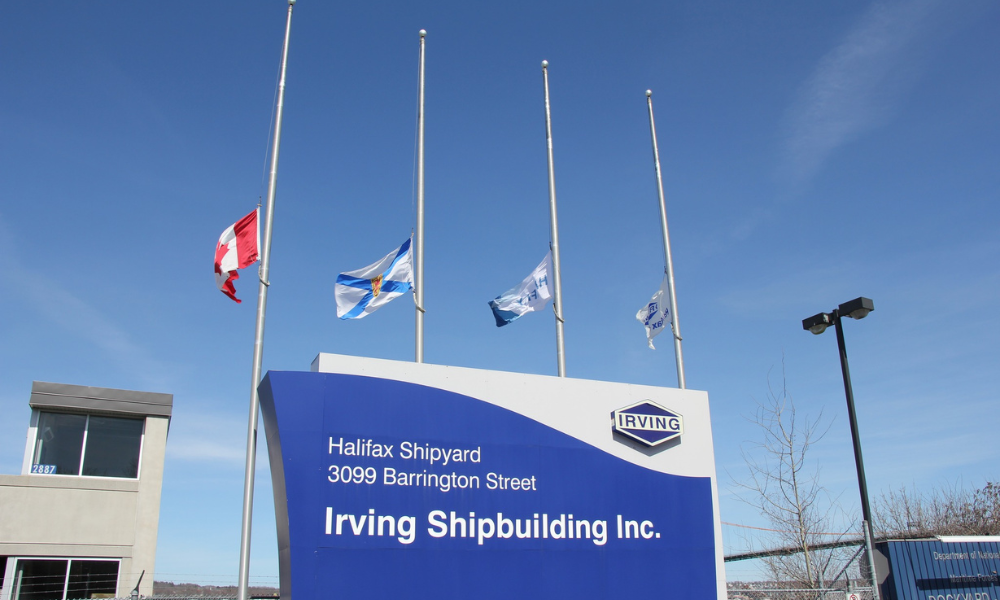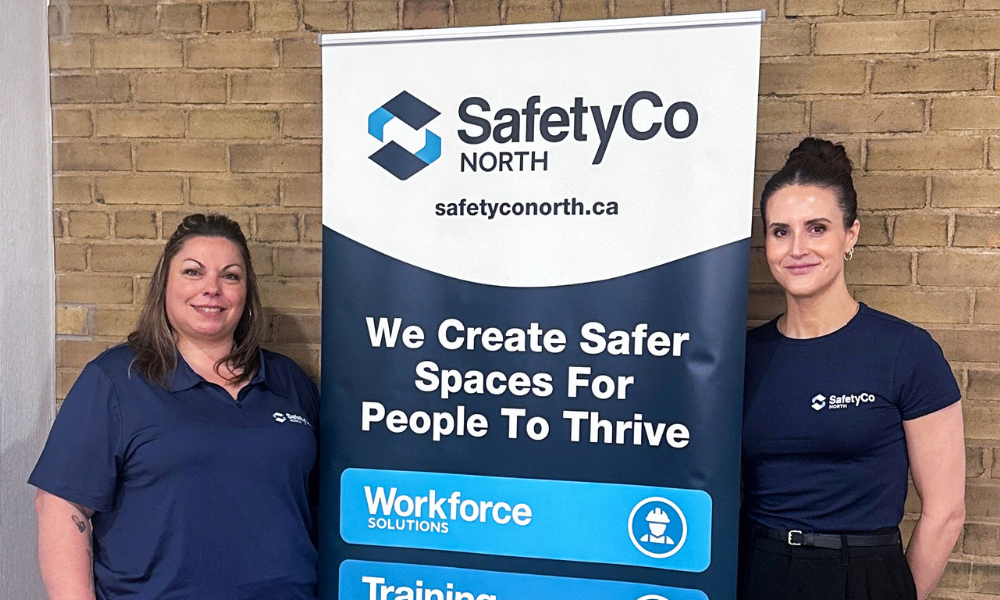WCB of PEI reminding employers and workers to prepare for storms

As Atlantic Canada braces for the peak of hurricane season, health and safety professionals across the region are urging employers to prioritize emergency preparedness. With the memory of past storms like Fiona still fresh, the Workers Compensation Board (WCB) of Prince Edward Island (PEI) emphasizes the importance of having robust emergency plans in place to protect both workers and worksites.
“Many Islanders are still feeling the effects of 2022’s post-tropical storm Fiona,” says Danny Miller, director of occupational health and safety at the WCB of PEI. “This is the time for employers to share with their workers what the emergency plans are to protect people and worksites as hurricane activity picks up in the Atlantic Ocean.”
The Atlantic hurricane season runs from June to November, with the most intense activity typically occurring between mid-August and mid-October. While many focus on securing their homes during such events, Miller underscores the necessity of extending that vigilance to workplaces. “When we think of hurricane preparedness, we often think of our own home and safety, like securing food, water, and everything tied down,” he says. “But we certainly want to remind employers and workers that you should also turn your mind to preparing for hurricanes and other events at your workplace as well.”
Miller highlights several key steps that employers should take to ensure their workplaces are ready for potential storms. These include securing work sites by putting tools away, securing hazardous materials, and adding extra bracing to new buildings. “Disconnecting electronic equipment to prevent damage from power surges and testing emergency generators are also crucial measures,” Miller notes. He stresses that the foundation of any preparation effort is an effective emergency plan. “That’s kind of your starting point – an employer turning their mind to their workplace and what they should do to be prepared to begin with.”
While specific forecasts can be unpredictable, the expectation is clear: Atlantic Canada will likely face significant storms this season. Miller remains cautious, mentioning the recent close call with a system named Ernesto, which fortunately veered away from PEI. “The last update I saw this morning it was kind of veering a little more east,” Miller says. “But certainly, I think the expectation is that if we do avoid this one, there will be another one coming for sure.”
Reflecting on past experiences, Miller believes that employers have learned valuable lessons from storms like Fiona. Although there is no hard data to confirm this, he suspects that the heightened awareness and preparedness are evident. “You know what, you can’t take these things for granted, and some serious damage can result from a hurricane,” he remarks. “We need to be prepared for those types of events.”
Under the Occupational Health and Safety Act, both employers and workers must take every reasonable precaution to ensure safety during such extreme weather events. “The premise of our Occupational Health and Safety Act is the internal responsibility system where everybody plays a part – both the workers and employers,” he explains. “Again, can’t stress that enough – they know their workplaces better than anyone else.”
As the season progresses, it’s crucial for all businesses in Atlantic Canada to follow these guidelines and remain vigilant. Miller advises employers to heed instructions from public safety officials before, during, and after a hurricane. “Even after an event, there are certain precautions an employer should turn their mind to,” he says, pointing to the importance of assessing workplace damage and ensuring a safe re-entry for workers.
In these challenging times, proactive planning and a commitment to safety can make all the difference. As Miller aptly puts it, “be prepared and stay safe.”





